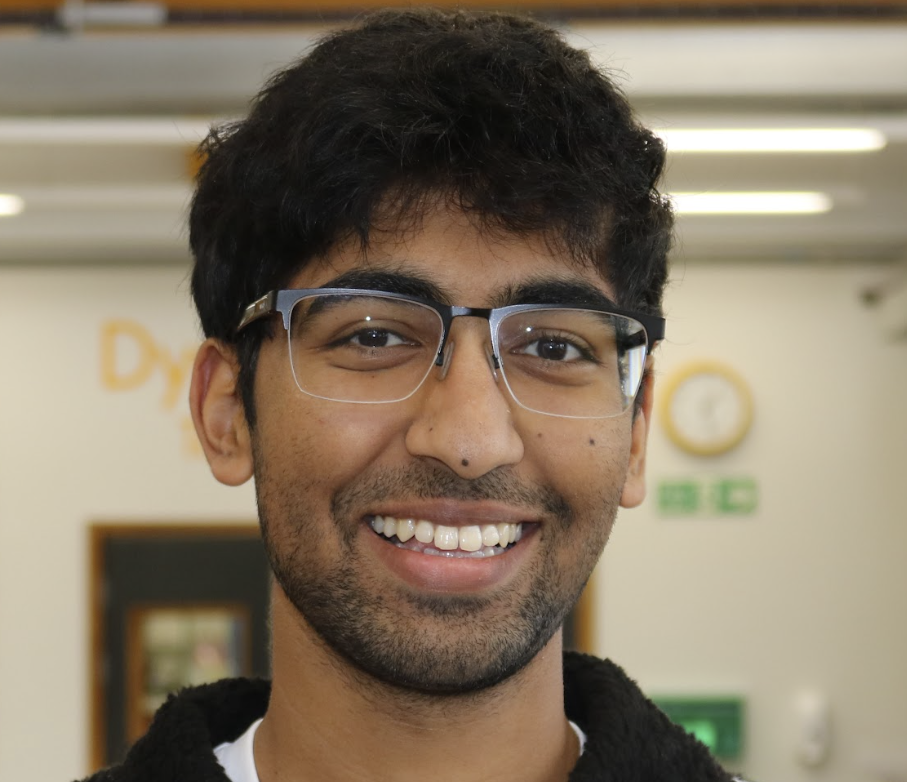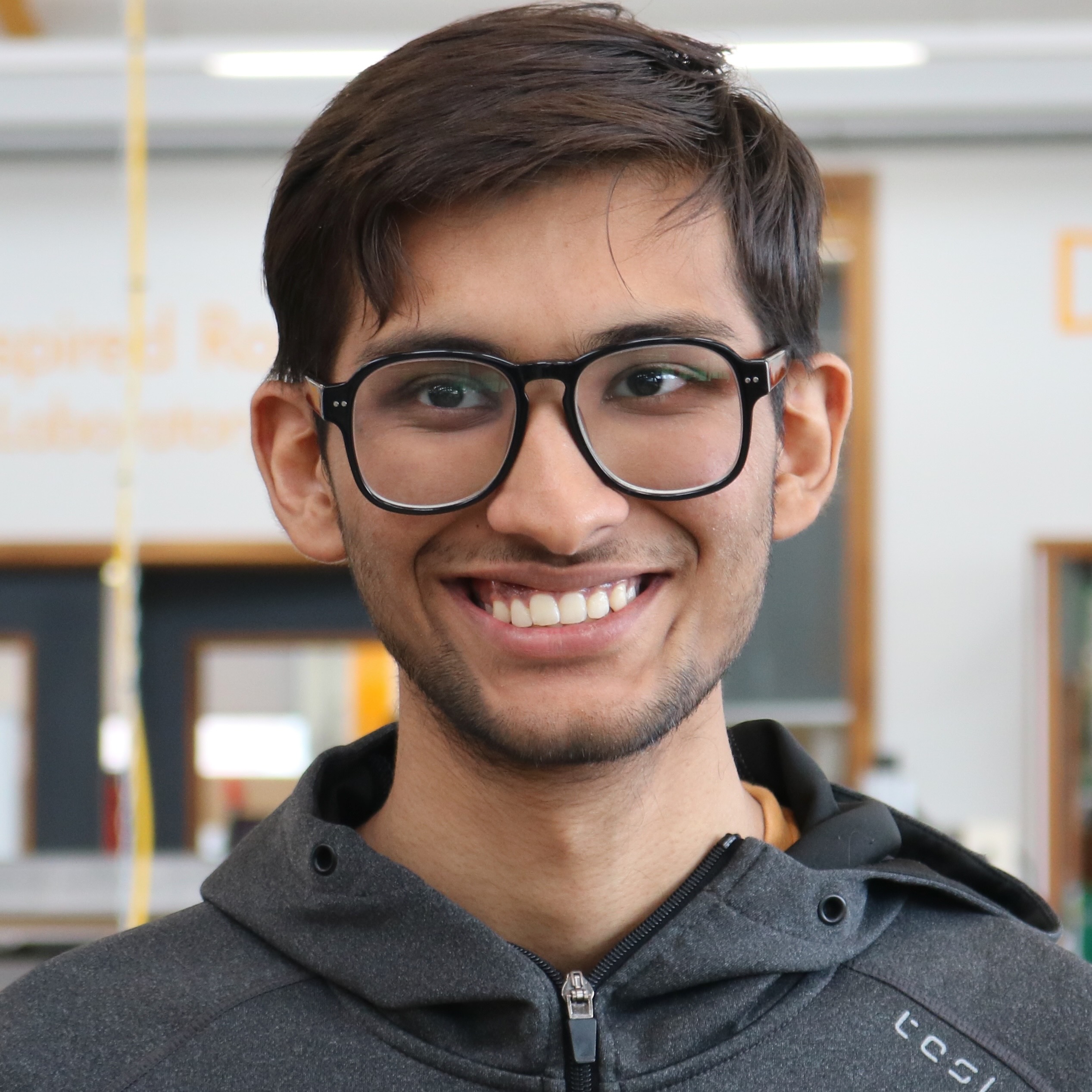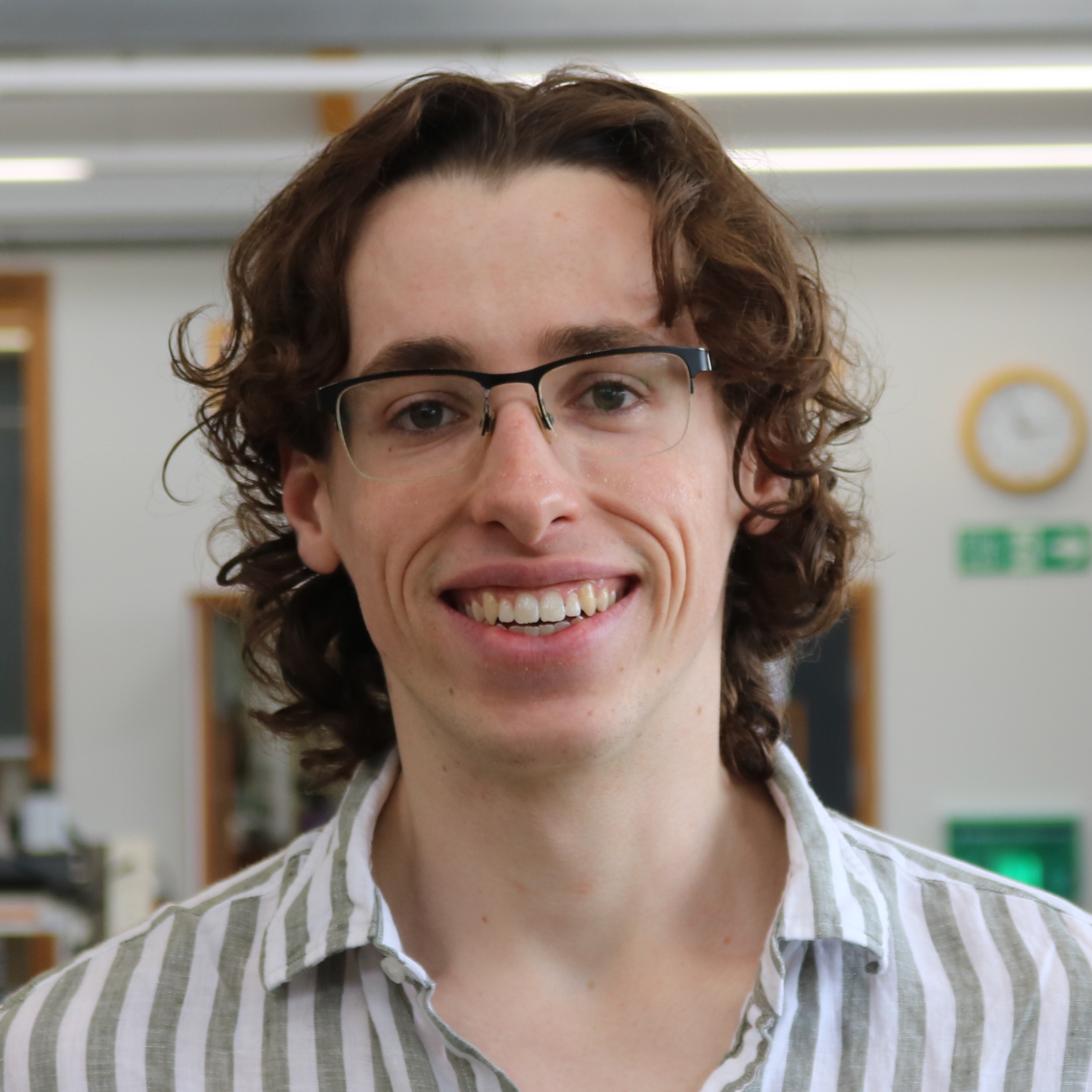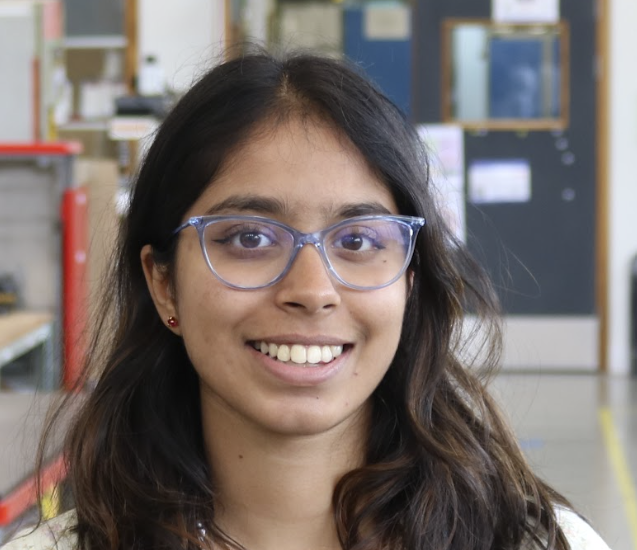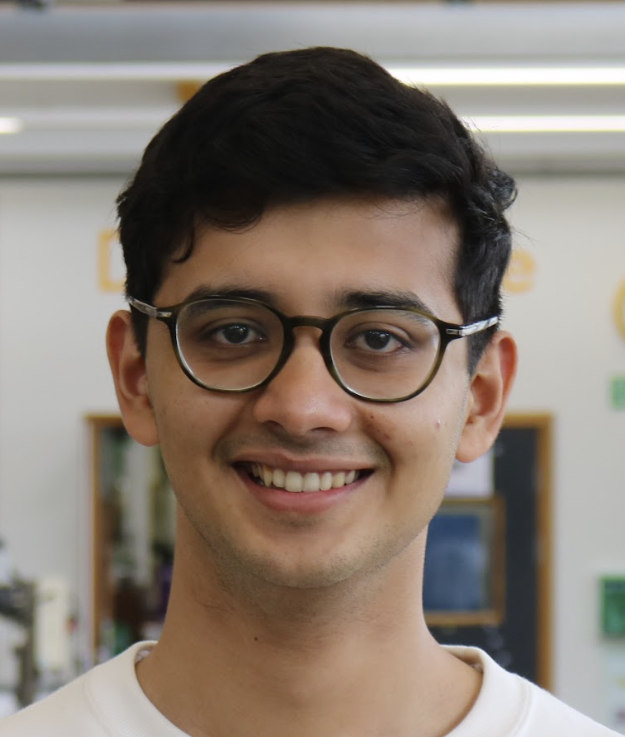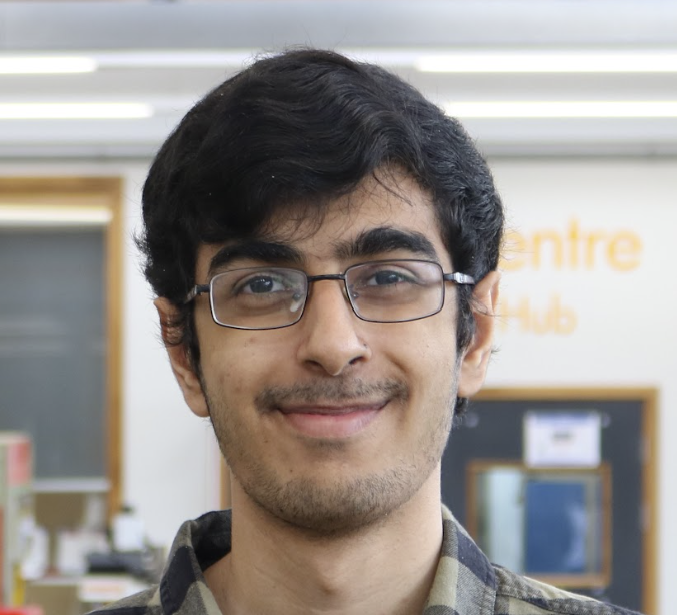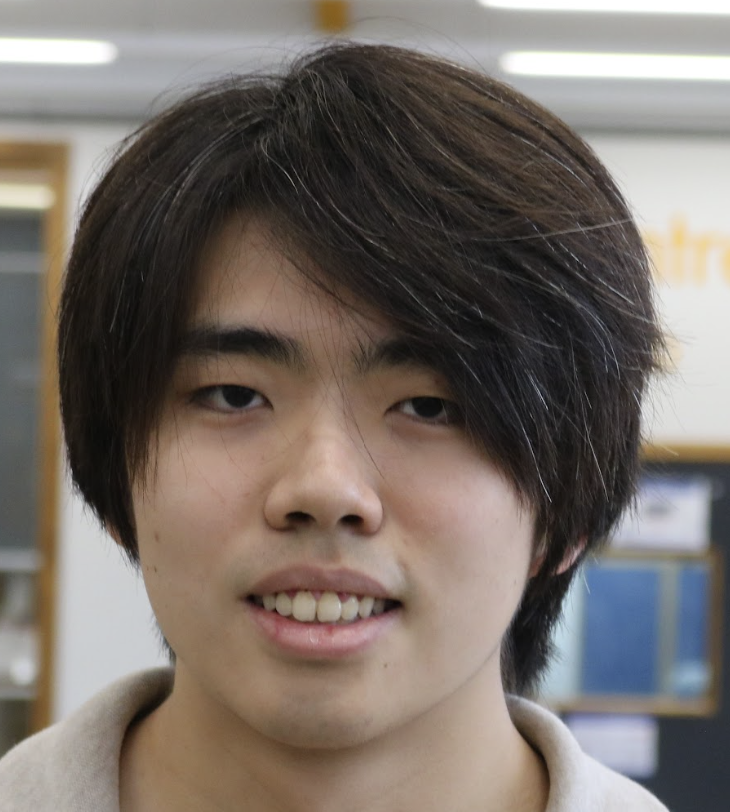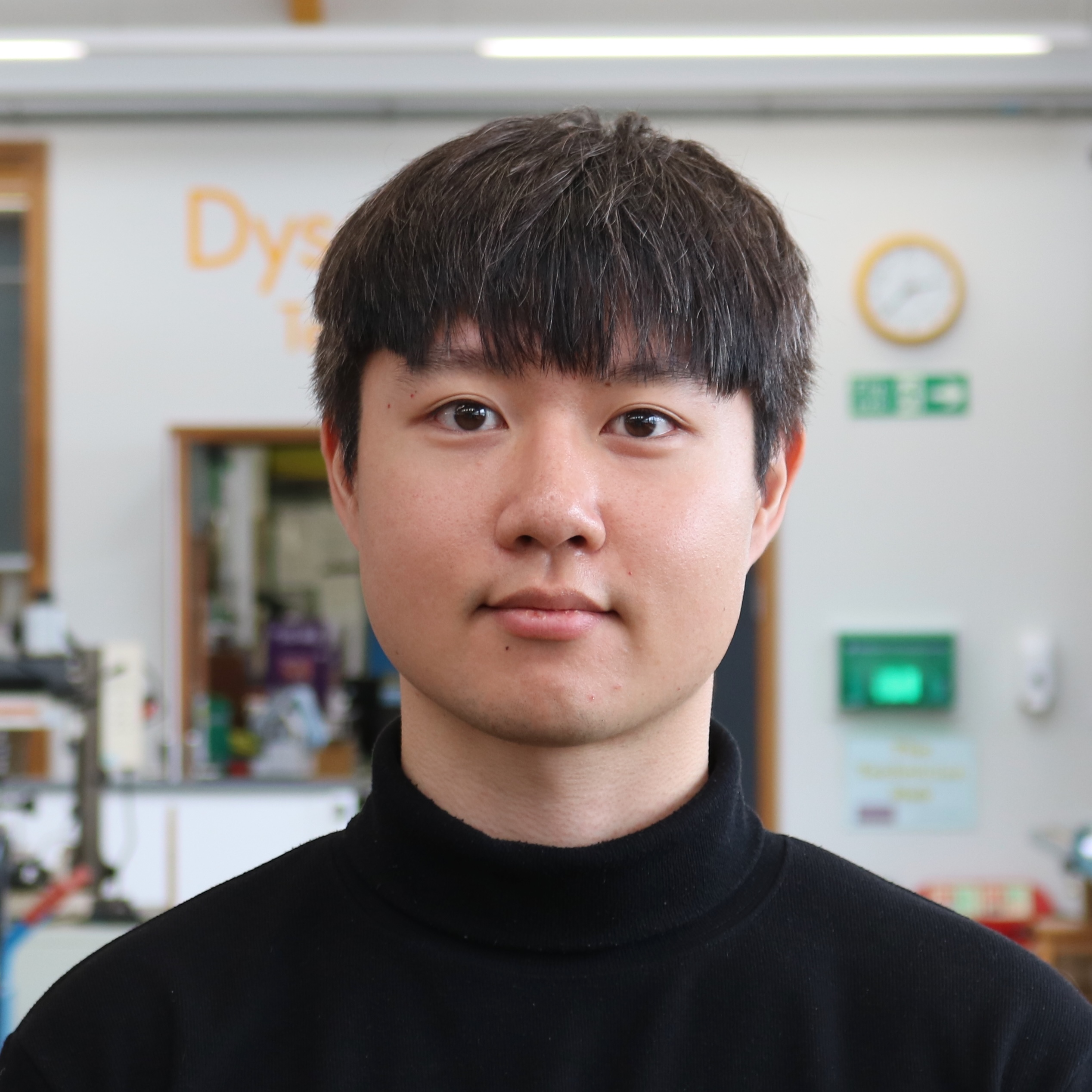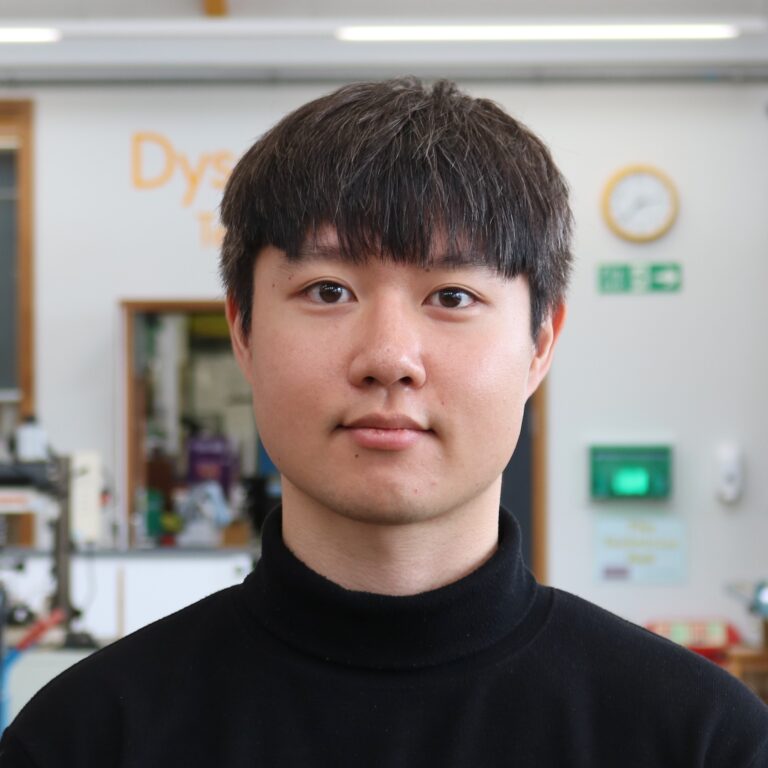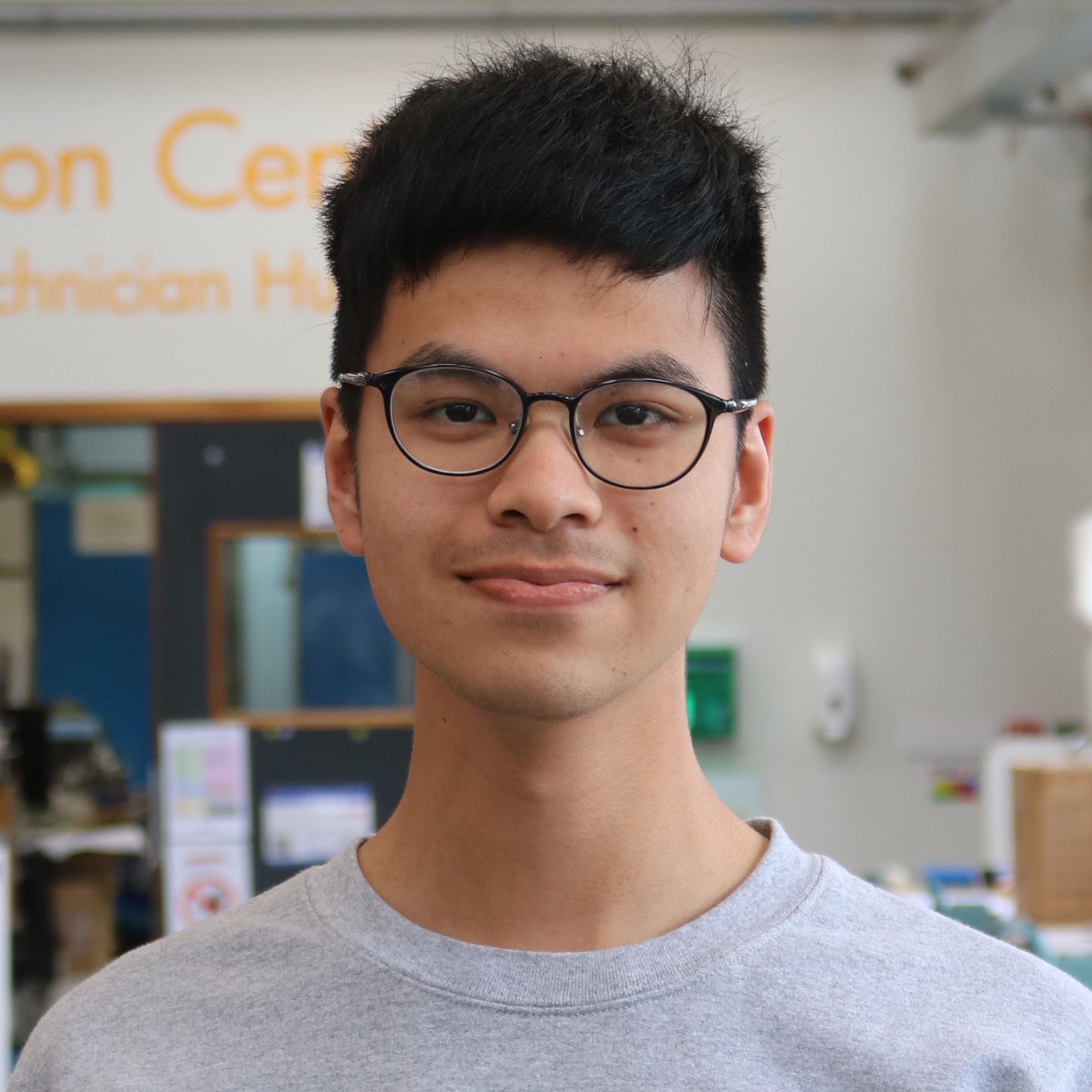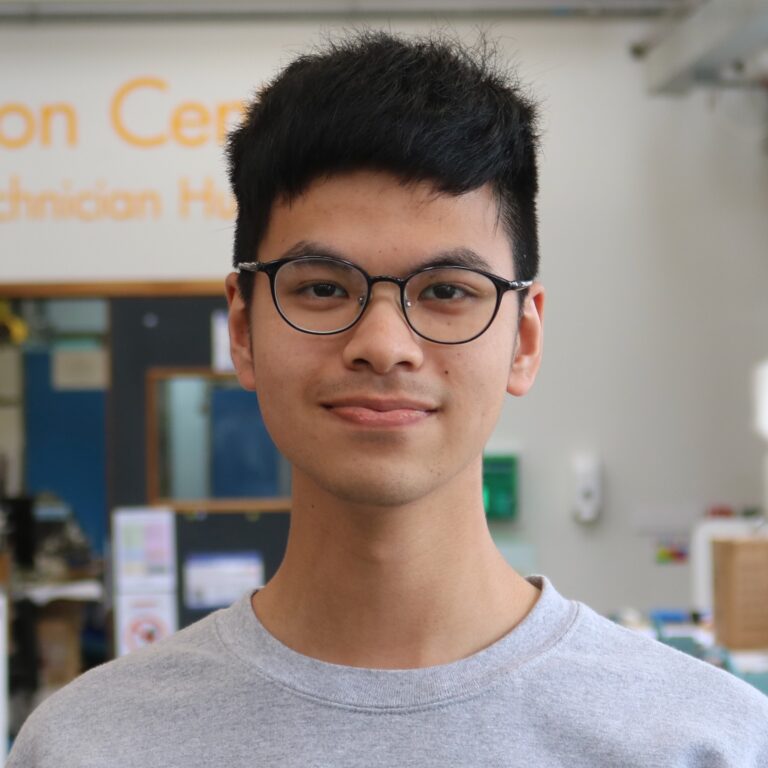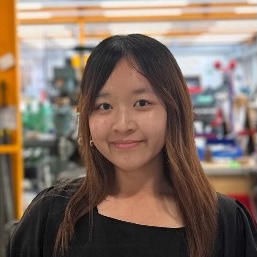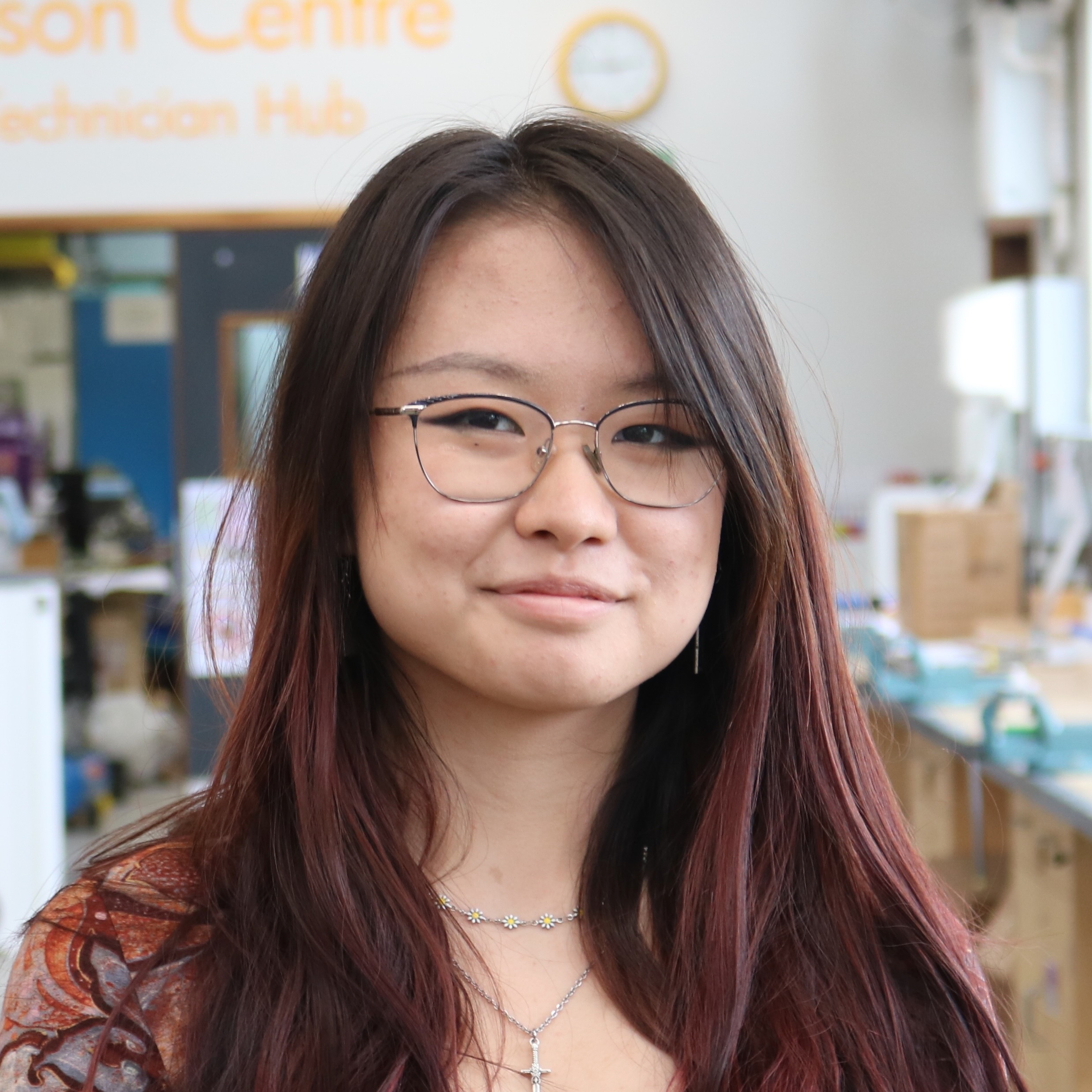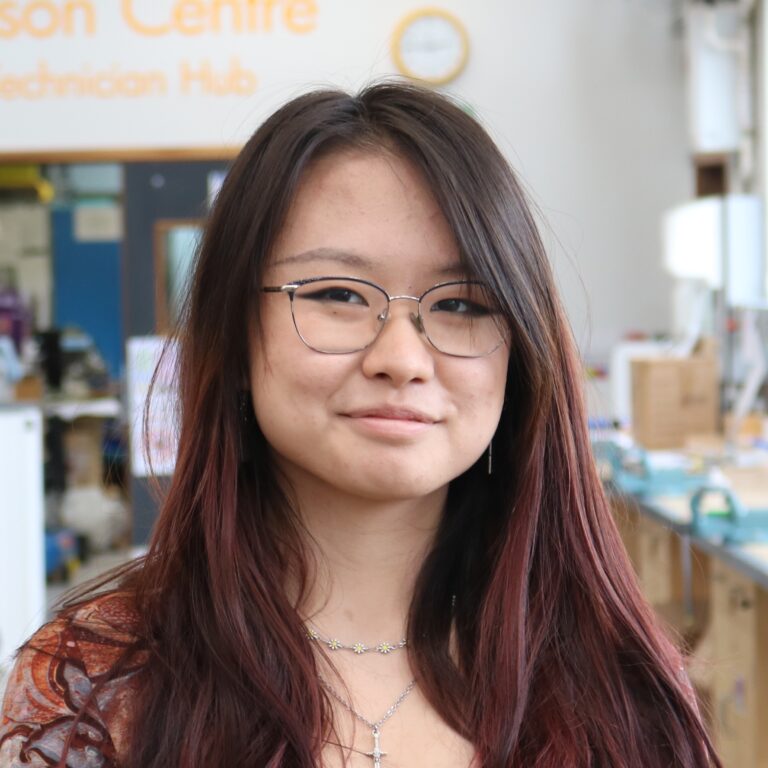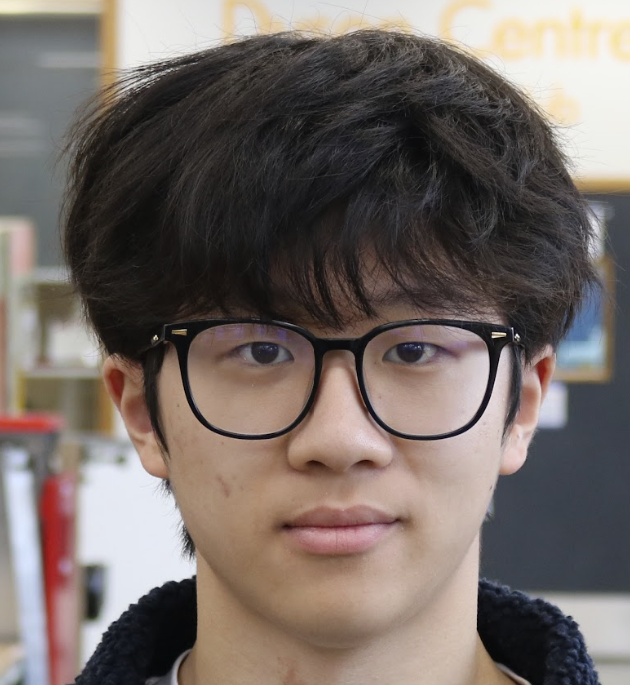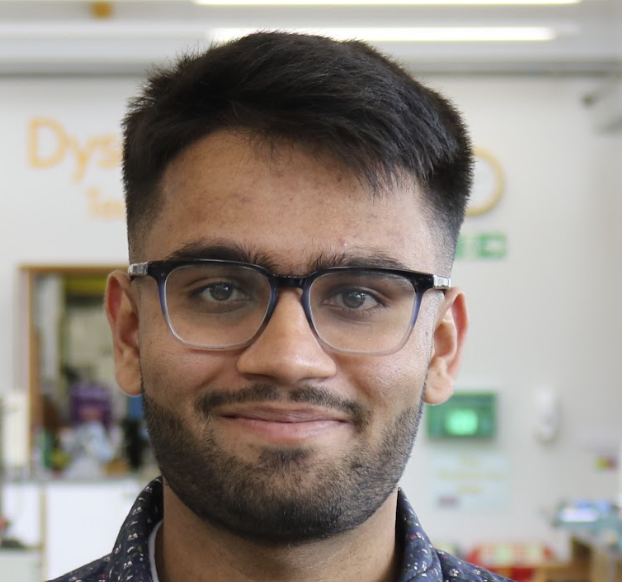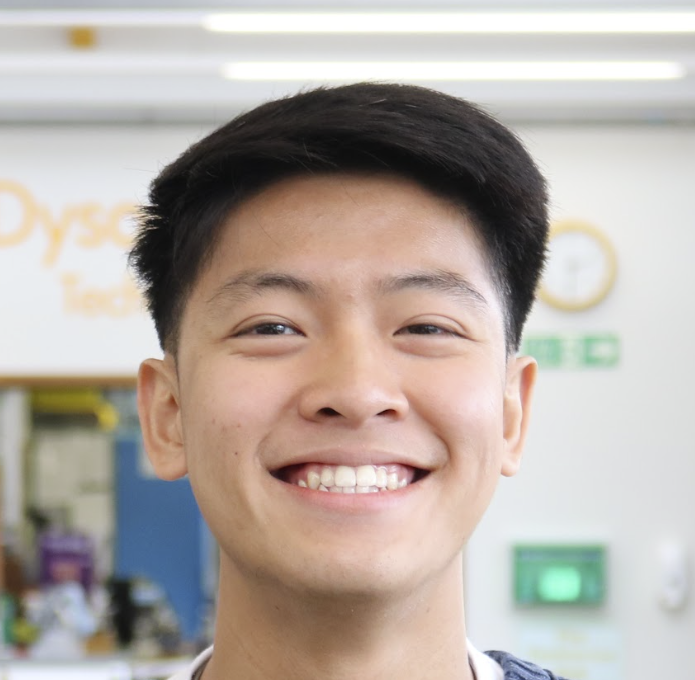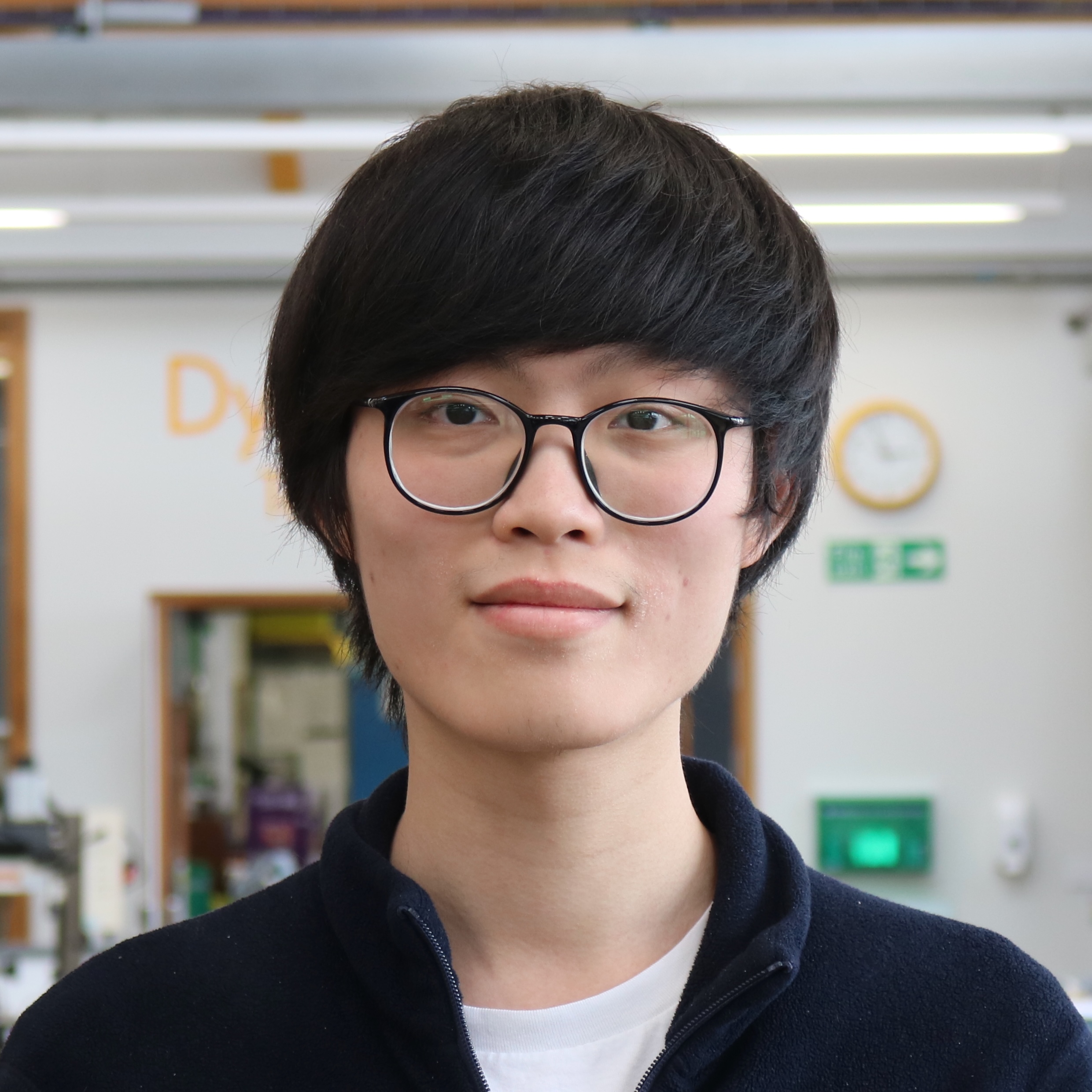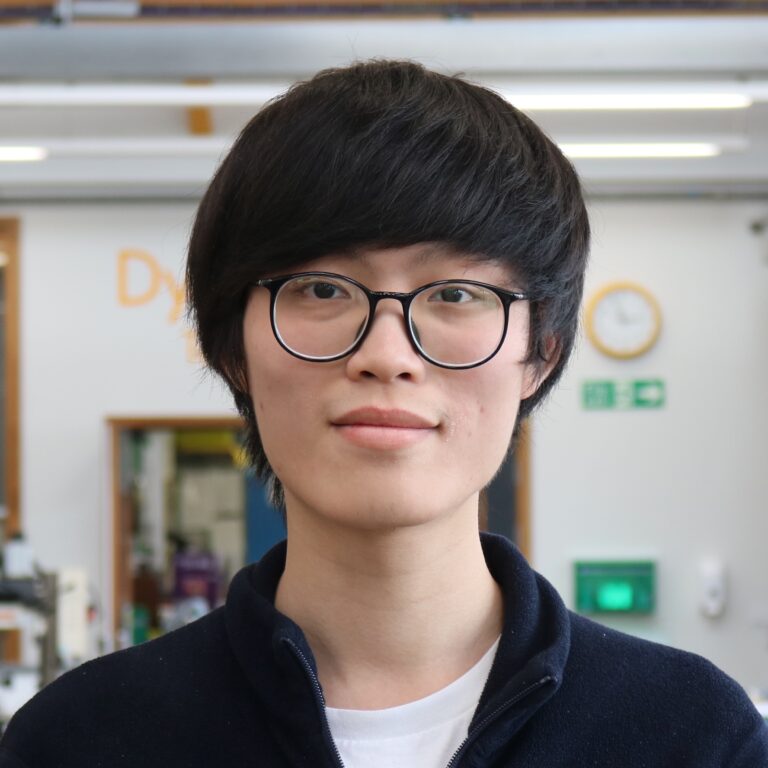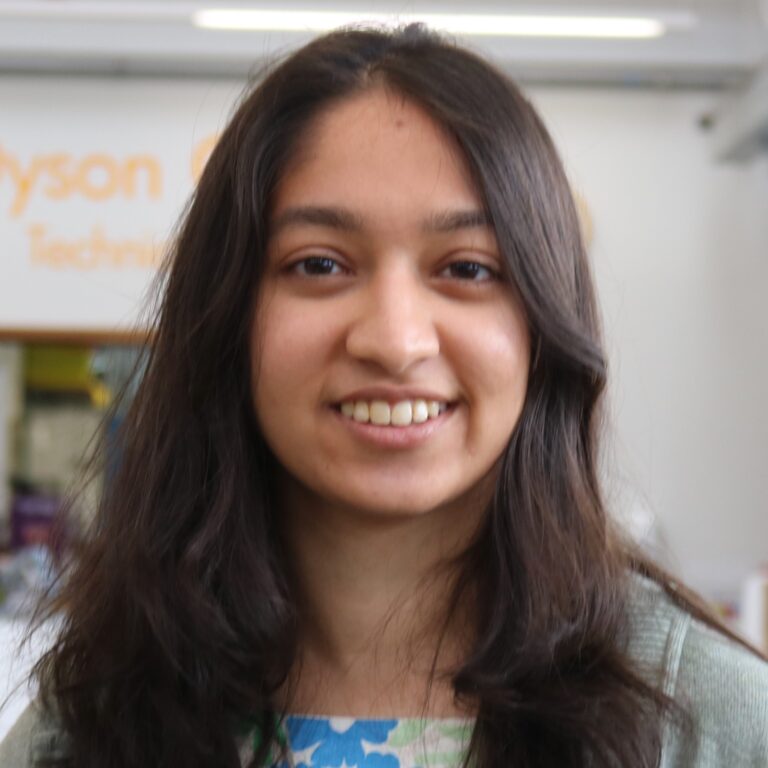Society
HISTORY
Founded in 1901, the Cambridge University Engineering Society is Cambridge University’s most active academic society and one of the largest, with over 1300 current student members.
Sponsors
Our mission is to be an indispensable route of interaction between our sponsors and some of the greatest talent in the world. We aim to deliver the very best opportunities to students to enhance their skills and develop their employability.
Members
Recently, CUES has undergone a shift in focus and is rapidly expanding its reach to an increasing number of STEM and non-STEM students, as well as the postgraduate community. Membership is open to anyone at the University with an interest in technology and industry, giving us a strong membership base that is growing and diversifying.
Events
We make regular contact with our network of high achieving students through numerous channels including presentations from industry, events (including the university’s largest student-run careers fair), our grants scheme and regular social activities. We are proud of how this has always resulted in very high exposure for our partners, members and also to the wider Cambridge community.
Initiatives
We run several initiatives to help shape the leaders of the future, and we are particularly proud of the launch of our Diversity Scheme which aims to promote social mobility and gender equality in STEM industries.
Committee 2025-2026
Executive Team
Rohan Daggar
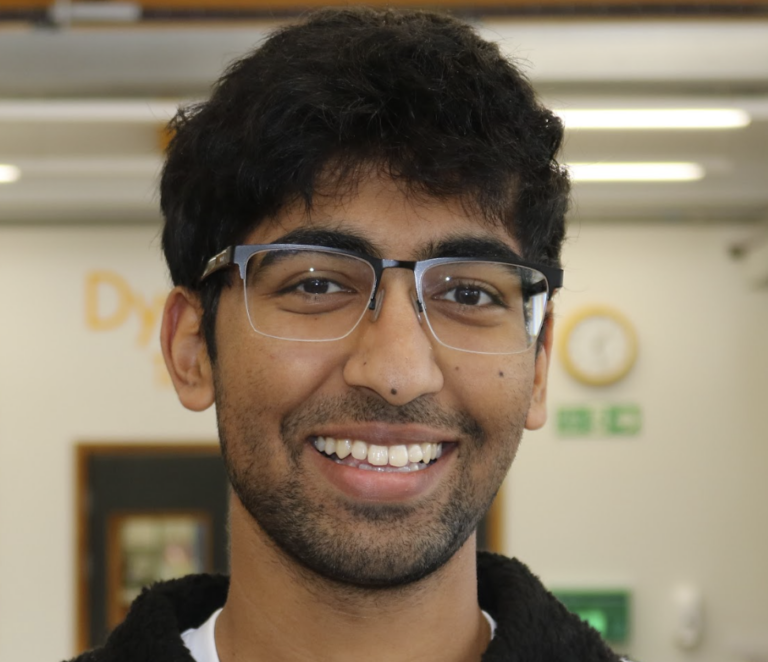
President - [email protected]
This year, I am thrilled to succeed the role of president of CUES from Timothy. He and the rest of the outgoing committee have done a great job in recovering the attendance of in-person events and I look forward to continuing working on the basis they have created for us. This is my third year on the CUES committee and CUES has always been a very important part of my university life. I joined firstly as the secretary, and the year after I was the Marketing and Communications Director. These experiences help me to further expand the influence of CUES amongst students and build a stronger connection between the sponsors and the students.
CloseAdi Jain
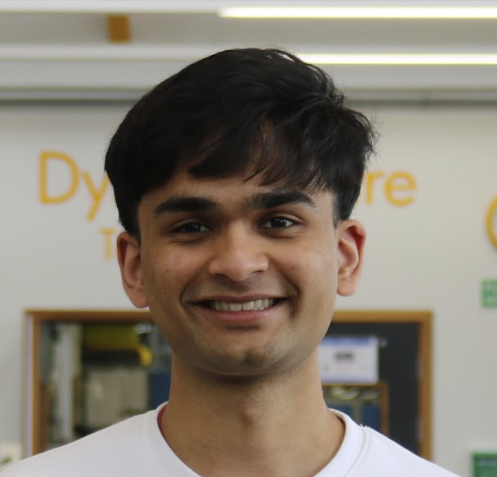
Vice President - [email protected]
As the vice president this year, it has been my honor to lead the CUES grants scheme. Our goal has long been to increase student engagement with practical aspects of the course and encourage curiosity within the department. With our return to normality from a long period of change due to COVID, this has been more true than ever.
CloseConnie Yuan
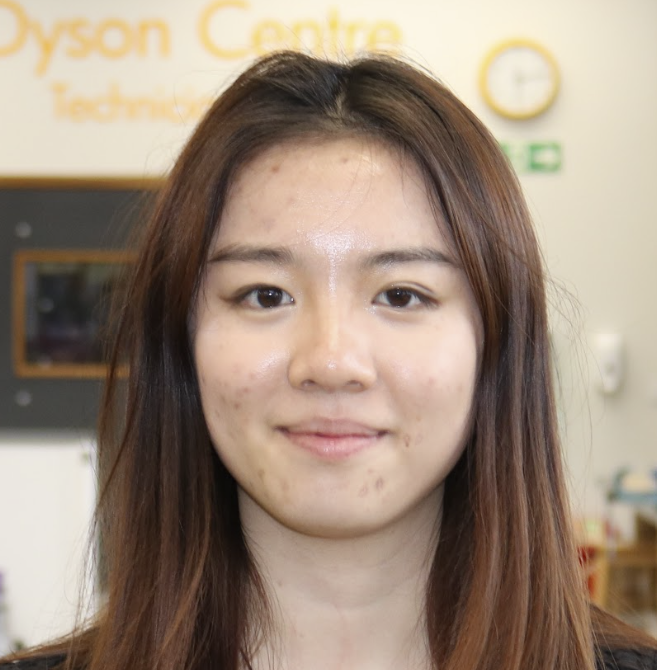
Treasurer - [email protected]
This years budget runs from the 1st of July to the 30th of June, keeping the CUES financial year consistent and aligned with the University exam calendar for future treasurers. Last year saw a big profit, largely due to the amazing work of the Sponsorship Executive.
CloseIbshar Oishi

Events Director - [email protected]
This year our primary objective is to provide an array of new opportunities for student engagement, whilst also maintaining the quality and effectiveness of popular events we’ve held in the past, such as the Careers Fair and the Annual Dinner. We will also place a large emphasis on feedback in order to provide the most relevant and helpful events possible.
CloseHarsh Lunia
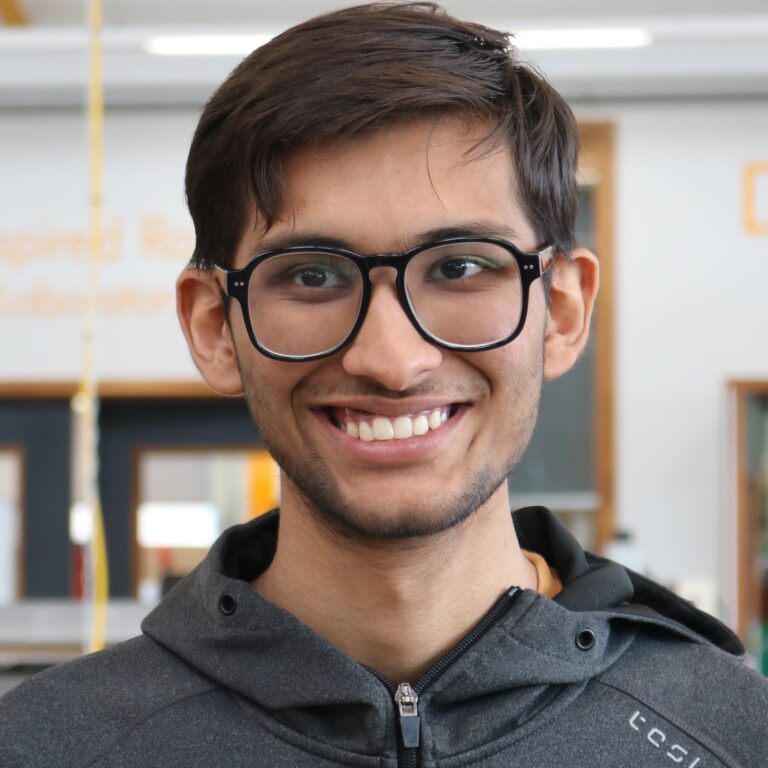
Technology Director - [email protected]
For the past year, we have been focusing on Dockerisation, UX updates and improving the response time for our website. Our work this year will continue by securing the website and database containers, making performance improvements and increasing uptime, facilitating member lookup, integrating stash store, forum as well as events functionalities for committee members.
CloseKriti Khanna

Opportunities Director - [email protected]
This year, the Opportunities Team aims to organise a greater number of events related to Access, Diversity, and Welfare. As always, we are open to suggestions and eagerly look forward to organising more events in the upcoming academic years!
CloseEdward Townsend

Sponsorship Exec - [email protected]
With my sponsorship team, I plan to bring more exciting and varied events with our sponsors. I hope to maintain close communication with them and work to ensure that CUES is able to support their interests and needs. I plan to organise events such as designathons and CADathons on top of hackathons to make these competitions inclusive to more disciplines of engineering. In addition to company presentations, I hope to host networking events to allow students to connect with not only alumni but engineers from different companies. I look forward to working with the CUES executive committee this year!
CloseLeah He

M&C Director - [email protected]
As the incoming M&C director, I hope to continue the good work that CUES has done in the past in terms of promoting the variety of events the society hosts throughout the year. Continuing to expand our reach using Instagram, Facebook, WhatsApp group chats, and email bulletins will be the priority for the team this upcoming year. We also hope to be more creative with our use of social media, experimenting with features such as stories, polls, and surveys to see if that is able to boost engagement with our social media platforms. We might also try and see if we can do “takeover days” or collaborate with other student societies to expand the audience we are reaching!
CloseEvents Team
Ibshar Oishi

Events Director - [email protected]
This year our primary objective is to provide an array of new opportunities for student engagement, whilst also maintaining the quality and effectiveness of popular events we’ve held in the past, such as the Careers Fair and the Annual Dinner. We will also place a large emphasis on feedback in order to provide the most relevant and helpful events possible.
CloseTechnology Team
Harsh Lunia

Technology Director - [email protected]
For the past year, we have been focusing on Dockerisation, UX updates and improving the response time for our website. Our work this year will continue by securing the website and database containers, making performance improvements and increasing uptime, facilitating member lookup, integrating stash store, forum as well as events functionalities for committee members.
CloseMarketing & Communications Team
Leah He

M&C Director - [email protected]
As the incoming M&C director, I hope to continue the good work that CUES has done in the past in terms of promoting the variety of events the society hosts throughout the year. Continuing to expand our reach using Instagram, Facebook, WhatsApp group chats, and email bulletins will be the priority for the team this upcoming year. We also hope to be more creative with our use of social media, experimenting with features such as stories, polls, and surveys to see if that is able to boost engagement with our social media platforms. We might also try and see if we can do “takeover days” or collaborate with other student societies to expand the audience we are reaching!
CloseArwa Fathy
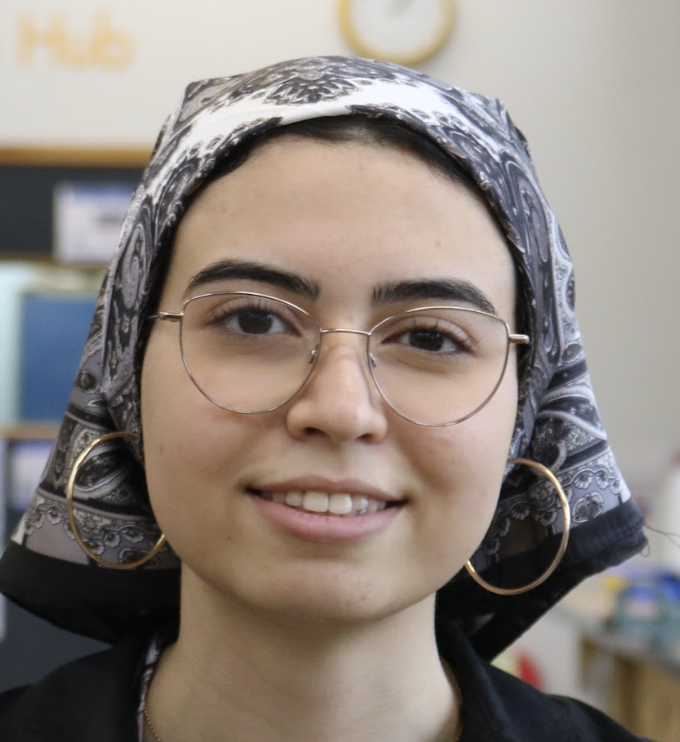
Publicity Officer - [email protected]
Hi! I’m a third-year engineer at Trinity, and I’m one of the publicity officers for CUES this year. I look forward to promoting and getting involved with events CUES will be organizing! Outside of engineering, I enjoy art and creative writing! :)
CloseOpportunities Team
Kriti Khanna

Opportunities Director - [email protected]
This year, the Opportunities Team aims to organise a greater number of events related to Access, Diversity, and Welfare. As always, we are open to suggestions and eagerly look forward to organising more events in the upcoming academic years!
CloseSponsorship Team
Edward Townsend

Sponsorship Exec - [email protected]
With my sponsorship team, I plan to bring more exciting and varied events with our sponsors. I hope to maintain close communication with them and work to ensure that CUES is able to support their interests and needs. I plan to organise events such as designathons and CADathons on top of hackathons to make these competitions inclusive to more disciplines of engineering. In addition to company presentations, I hope to host networking events to allow students to connect with not only alumni but engineers from different companies. I look forward to working with the CUES executive committee this year!
CloseCONSTITUTION
- NAME
The name of the Society shall be The Cambridge University Engineering Society, hereafter referred to as “the Society”.
- DEFINITIONS
- Society Committee: Individuals who are members of the Executive Committee, Team Directors, or General Committee Officers as defined in Article 5.
- Full Tenure: The period from one Society Election to the next, lasting approximately 12 months, plus a transition period which will last until the end of Board of Advisors (BoA) Meeting.
- Society Members: Individuals as defined in Article 4.
- Society Handbook: A compilation of the handover documents from previous committees.
- OBJECTIVES
- The aims of the Society shall be:
- To provide a link between Society Members and industry.
- To provide engineering-related educational opportunities for Society Members that are not covered by their formal degree course.
- To inform Society Members of relevant industry developments and career opportunities.
- To provide social functions for Society Members.
- In pursuance of its aims, the Society accepts sponsorship from companies, bodies and individuals of an engineering or otherwise technical nature.
- The aims of the Society shall be:
- MEMBERSHIP
- Membership of the Society shall be open to all members of the University.
- There shall be a membership fee payable on joining the Society. The membership fee and duration shall be determined by the Executive Committee.
- The Executive Committee has the right to decide whether it accepts an application for membership. It shall not reject an application for membership on the grounds of race, sexual orientation, religion, political views, or any other legally protected characteristic.
- The Executive Committee may expel any member for behaviour likely to bring the Society into disrepute, in accordance with Article 9.
- All members shall have full voting rights at the Society’s General Meetings and Elections.
- THE COMMITTEE
- The Executive Committee
- The day-to-day management of Society’s affairs shall be in the hands of the Executive Committee.
- The Executive Committee shall consist of the President, the Vice-President, the Sponsorship Executive, and the Junior Treasurer.
- The members of the Executive Committee shall be elected in accordance with Article 5(3).
- The members of the Executive Committee must remain undergraduate or postgraduate students of the University of Cambridge, as well as members of the Society in good-standing, for the duration of their Full Tenure.
- There shall be a Senior Treasurer, who shall be a member of the Regent House or another person approved by the Junior Proctor. The Senior Treasurer shall be appointed by the elected members of the Executive Committee and shall be ex officio a member of the Executive Committee.
- The Team Directors and the General Committee
- The number of Team Directors, as well as their responsibilities, shall be determined by the Executive Committee based on the Society’s operational needs.
- The number of General Committee Officers, as well as their responsibilities, shall be determined by the Executive Committee in consultation with the relevant Team Directors.
- Team Directors and General Committee Officers shall be selected from Society Members in good-standing, in accordance with Article 5(4).
- The Election
- The Executive Committee, except for the post of Senior Treasurer, shall be elected using Single Transferable Vote, following candidate hustings at the Annual General Meeting (AGM). The voting process may be conducted online.
- Nominations for a new Executive Committee must be submitted to the outgoing President, who shall act as the Returning Officer for the Election.
- Candidates for the Executive Committee must be proposed and seconded by distinct members of the outgoing Society Committee. The proposer must be a member of the outgoing Executive Committee. Each outgoing member of the Society Committee can propose or second only one candidate for each Executive Committee position.
- Candidates for the Executive Committee must be Society Members in good-standing and current members of the University at the time of their election. Only members of the two most recent Committees, as defined by Articles 5(1) and 5(2), may stand for an Executive Committee position.
- Should no candidate stand for one or more of the positions or the election result in a call for reopening of nominations (RoN), these positions will be made open to all Society Members. The nomination process in Article 5(3)(c) must still be followed. Additional hustings may take place at the discretion of the Returning Officer.
- The timeline and procedures for each Election shall be set by the Returning Officer and made public on, or before, the date of opening nominations. Such procedures shall adhere to, and be interpreted in accordance with, relevant provisions of this Constitution.
- The Executive Committee members elected in the annual Lent election shall take office at the Board of Advisors meeting or by the end of Easter Full Term, whichever is sooner.
- If any Executive position becomes vacant during the Full Tenure of the Executive Committee, the remaining Executives may appoint an existing member of the Society Committee to the vacant position. This appointment shall be agreed upon unanimously by the remaining members of the Executive Committee and documented. If such an appointment is not possible, an Election for the role shall be held following the procedures established for the most recent Election.
- Induction of Team Directors and the General Committee
- The roles of Team Directors and General Committee Officers shall be advertised publicly and University-wide. Applications for the positions shall be submitted to the outgoing Executive Committee.
- Applicants must be members of the University. If they are not current Society Members, then they must also commit to purchasing and maintaining Society Membership upon selection.
- New Team Directors shall be selected by the incoming Executive Committee, in consultation with the outgoing Executive Committee and outgoing Team Directors. The selection process may include an interview component.
- New General Committee Officers shall be selected by the incoming Executive Committee and incoming Team Directors, in consultation with the outgoing Executive Committee, Team Directors, and Officers of that role. The selection process may include an interview component.
- After the selection process, should any post remain unfilled, the unfilled posts are to be advertised publicly and University-wide. Subsequent applicants should be selected according to Articles 5(4)(c) and 5(4)(d).
- If any Team Director or General Committee position becomes vacant during the Full Tenure of the Executive Committee, the Executive Committee may appoint an existing member of the Society Committee to the vacant position. This appointment shall be agreed upon unanimously by the Executive Committee and documented. If such an appointment is not possible, the Executive Committee shall accept applications from University members and follow the selection process in Articles 5(4)(c) and 5(4)(d).
- The Executive Committee
- GENERAL MEETINGS
- The Society shall hold an Annual General Meeting (AGM) during each Academic year. The AGM shall be held in Cambridge during the Lent Full Term. All Members shall be entitled to attend the AGM.
- An Extraordinary General Meeting (EGM) may be held at any time during Full Term. It shall be held in Cambridge, unless otherwise specified by the Executive Committee, and may be called by the Executive Committee or at the written request of at least ten Society Members, submitted to the Executive Committee. An EGM shall have the same powers as an AGM.
- FINANCIAL MATTERS
- The Society shall maintain a banking account with a suitable Bank or Building Society to hold the Society’s funds.
- It shall be the responsibility of the Junior Treasurer to ensure that monies received are properly accounted for and that the Society’s financial records are kept in good order.
- Any authorised signatory of the banking account will be allowed to possess a debit/credit card on behalf of the Society.
- The Senior Treasurer shall make arrangements for the Society’s accounts to be properly audited, either by himself or herself, or by some other person approved under University Ordinances.
- The Senior Treasurer shall not be liable for any financial debt or other obligation of the Society unless he or she has personally authorised such a debt in writing.
- For so long as the Society shall be Registered with the Junior Proctor, it shall be the duty of the Executive Committee to ensure that the Society complies with the requirements for Registration as a University Society.
- CHANGES TO THE CONSTITUTION
- The procedure for amending the Constitution shall be that an appropriate motion is passed at a General Meeting (AGM or EGM). Where the amendment would remove an Executive post, that change shall not come into effect until the end of the term of office of the current holder of the post.
- No amendment to this Constitution intended to remove the position of Senior Treasurer, to alter its prerogatives and duties, or to change the criteria and procedure for the appointment of a Senior Treasurer can be put to a vote without the prior written agreement of the Junior Proctor of the University of Cambridge.
- DISCIPLINARY PROCESSES
- The Society’s only disciplinary sanctions are to expel or to suspend a member whose actions are felt to be such as to bring the Society into disrepute, or to adversely affect the smooth running of the Society in a major way. Such expulsion or suspension can only be effected by a majority vote of all Executive Committee members, excluding the Senior Treasurer. In the event of an expulsion, the excluded member is required to return all equipment, documents and finances belonging to the Society within 7 days. He/she will not be entitled to any full or partial refund of annual subscriptions.
- If the excluded or suspended member wishes to appeal the decision, that appeal should be made to the Senior Treasurer, who will consider all the facts, and whose decision will be final. An appeal as to the process of exclusion, but not a further investigation into the facts, may be lodged with the Junior Proctor.
- DISSOLUTION
- The Society may be dissolved at a General Meeting provided that at least twenty-one days’ written notice of the intention to dissolve the Society has been given to the members. At least two thirds of those present and voting at the General Meeting must vote in favour of the motion for Dissolution for it to be effective.
- On dissolution all assets of the Society shall be transferred to the Cambridge University Engineering Department.
- PUBLIC INFORMATION
The Committee is responsible for publishing the following information on the CUES website or making it available upon the request of any Society Member:
- First and Last Names of the Society Committee
- This Constitution
